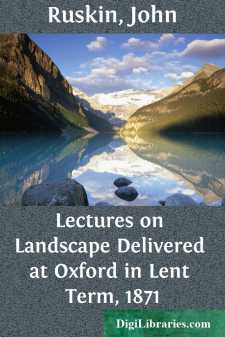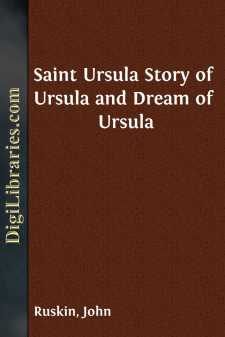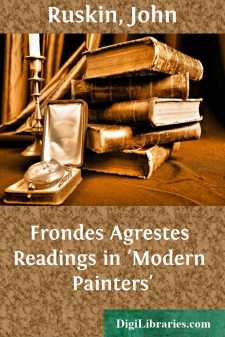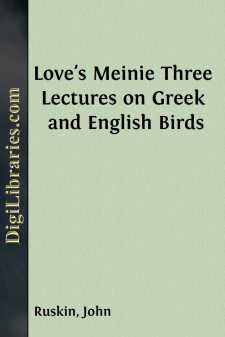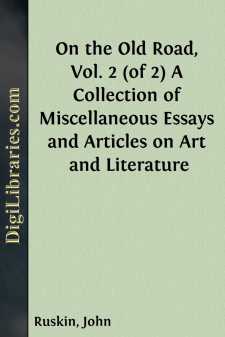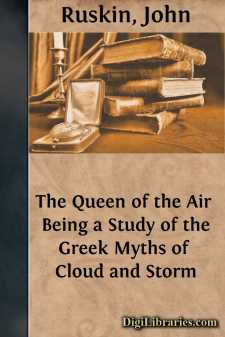Categories
- Antiques & Collectibles 13
- Architecture 36
- Art 48
- Bibles 22
- Biography & Autobiography 813
- Body, Mind & Spirit 142
- Business & Economics 28
- Children's Books 15
- Children's Fiction 12
- Computers 4
- Cooking 94
- Crafts & Hobbies 4
- Drama 346
- Education 46
- Family & Relationships 57
- Fiction 11829
- Games 19
- Gardening 17
- Health & Fitness 34
- History 1377
- House & Home 1
- Humor 147
- Juvenile Fiction 1873
- Juvenile Nonfiction 202
- Language Arts & Disciplines 88
- Law 16
- Literary Collections 686
- Literary Criticism 179
- Mathematics 13
- Medical 41
- Music 40
- Nature 179
- Non-Classifiable 1768
- Performing Arts 7
- Periodicals 1453
- Philosophy 64
- Photography 2
- Poetry 896
- Political Science 203
- Psychology 42
- Reference 154
- Religion 513
- Science 126
- Self-Help 84
- Social Science 81
- Sports & Recreation 34
- Study Aids 3
- Technology & Engineering 59
- Transportation 23
- Travel 463
- True Crime 29
Ariadne Florentina Six Lectures on Wood and Metal Engraving
by: John Ruskin
Categories:
Description:
Excerpt
DEFINITION OF THE ART OF ENGRAVING.
1. The entrance on my duty for to-day begins the fourth year of my official work in Oxford; and I doubt not that some of my audience are asking themselves, very doubtfully—at all events, I ask myself, very anxiously—what has been done.
For practical result, I have not much to show. I announced, a fortnight since, that I would meet, the day before yesterday, any gentleman who wished to attend this course for purposes of study. My class, so minded, numbers four, of whom three wish to be artists, and ought not therefore, by rights, to be at Oxford at all; and the fourth is the last remaining unit of the class I had last year.
2. Yet I neither in this reproach myself, nor, if I could, would I reproach the students who are not here. I do not reproach myself; for it was impossible for me to attend properly to the schools and to write the grammar for them at the same time; and I do not blame the absent students for not attending a school from which I have generally been absent myself. In all this, there is much to be mended, but, in true light, nothing to be regretted.
I say, I had to write my school grammar. These three volumes of lectures under my hand, contain, carefully set down, the things I want you first to know. None of my writings are done fluently; the second volume of "Modern Painters" was all of it written twice—most of it, four times,—over; and these lectures have been written, I don't know how many times. You may think that this was done merely in an author's vanity, not in a tutor's care. To the vanity I plead guilty,—no man is more intensely vain than I am; but my vanity is set on having it known of me that I am a good master, not in having it said of me that I am a smooth author. My vanity is never more wounded than in being called a fine writer, meaning—that nobody need mind what I say.
3. Well, then, besides this vanity, I have some solicitude for your progress. You may give me credit for it or not, as you choose, but it is sincere. And that your advance may be safe, I have taken the best pains I could in laying down laws for it. In these three years I have got my grammar written, and, with the help of many friends, all working instruments in good order; and now we will try what we can do. Not that, even now, you are to depend on my presence with you in personal teaching. I shall henceforward think of the lectures less, of the schools more; but my best work for the schools will often be by drawing in Florence or in Lancashire—not here.
4. I have already told you several times that the course through which I mean every student in these schools should pass, is one which shall enable them to understand the elementary principles of the finest art. It will necessarily be severe, and seem to lead to no immediate result. Some of you will, on the contrary, wish to be taught what is immediately easy, and gives prospect of a manifest success.
But suppose they should come to the Professor of Logic and Rhetoric, and tell him they want to be taught to preach like Mr....




